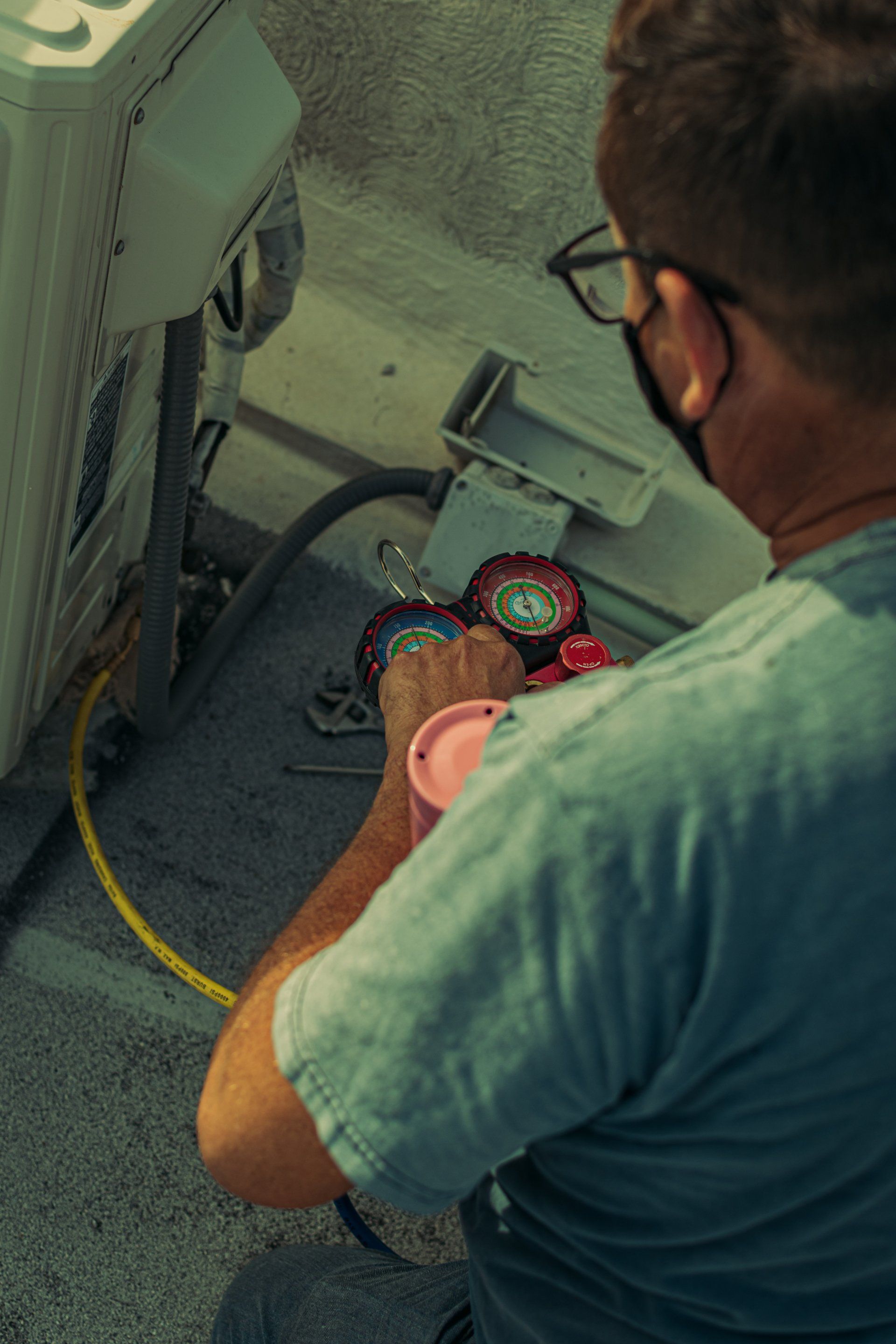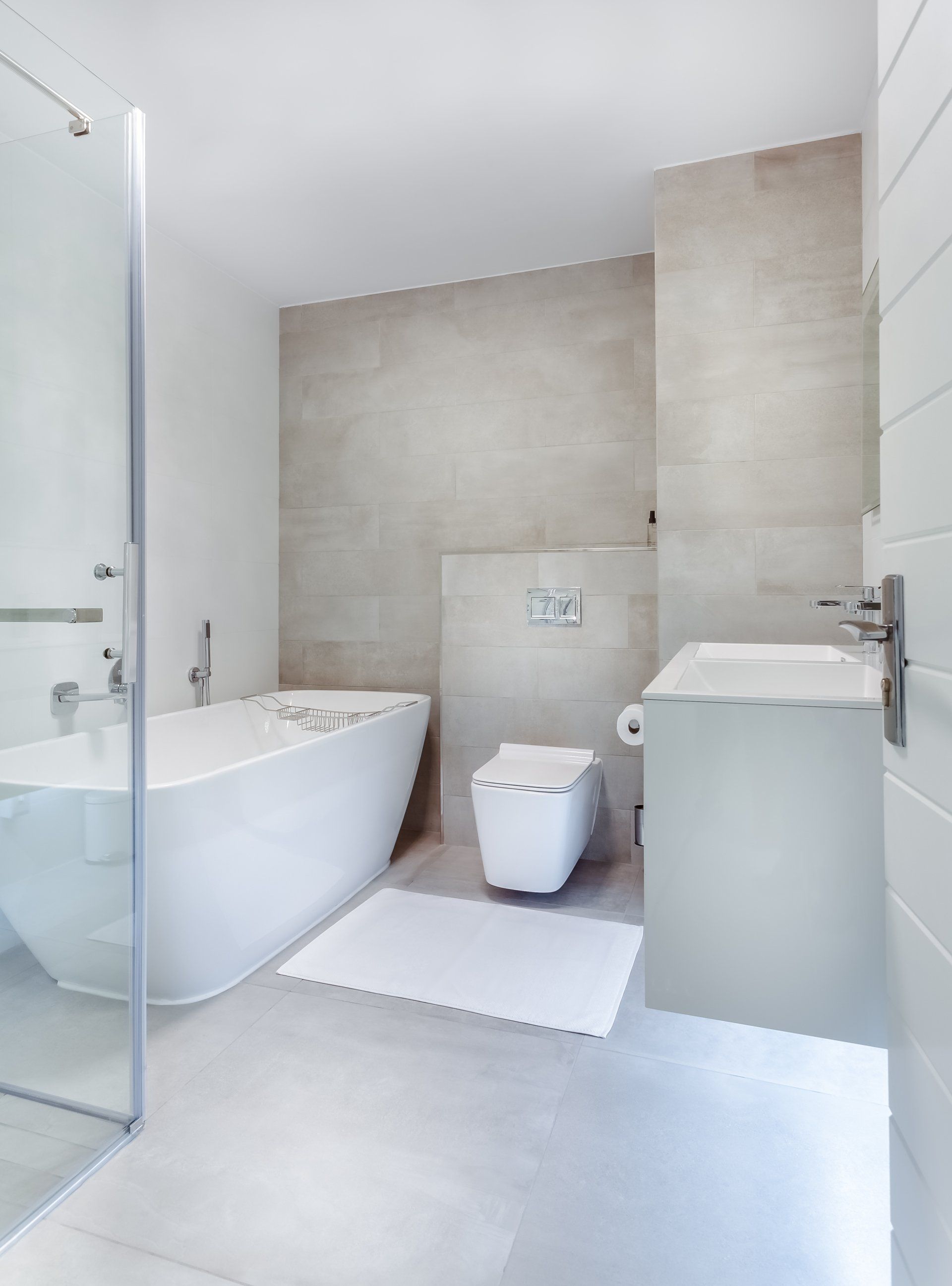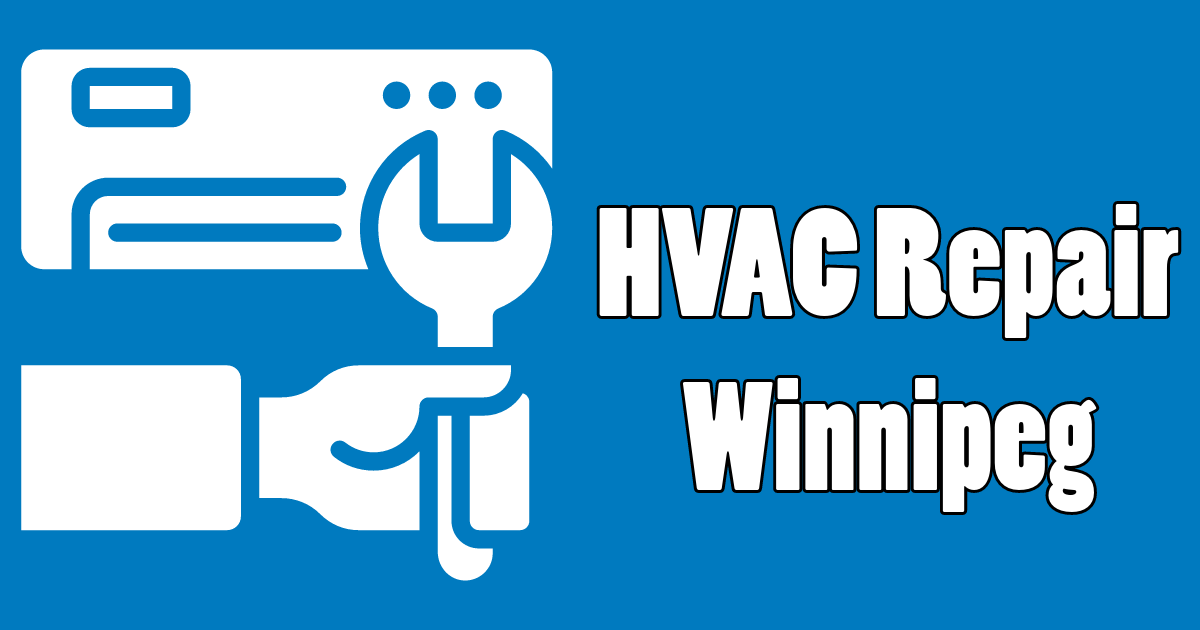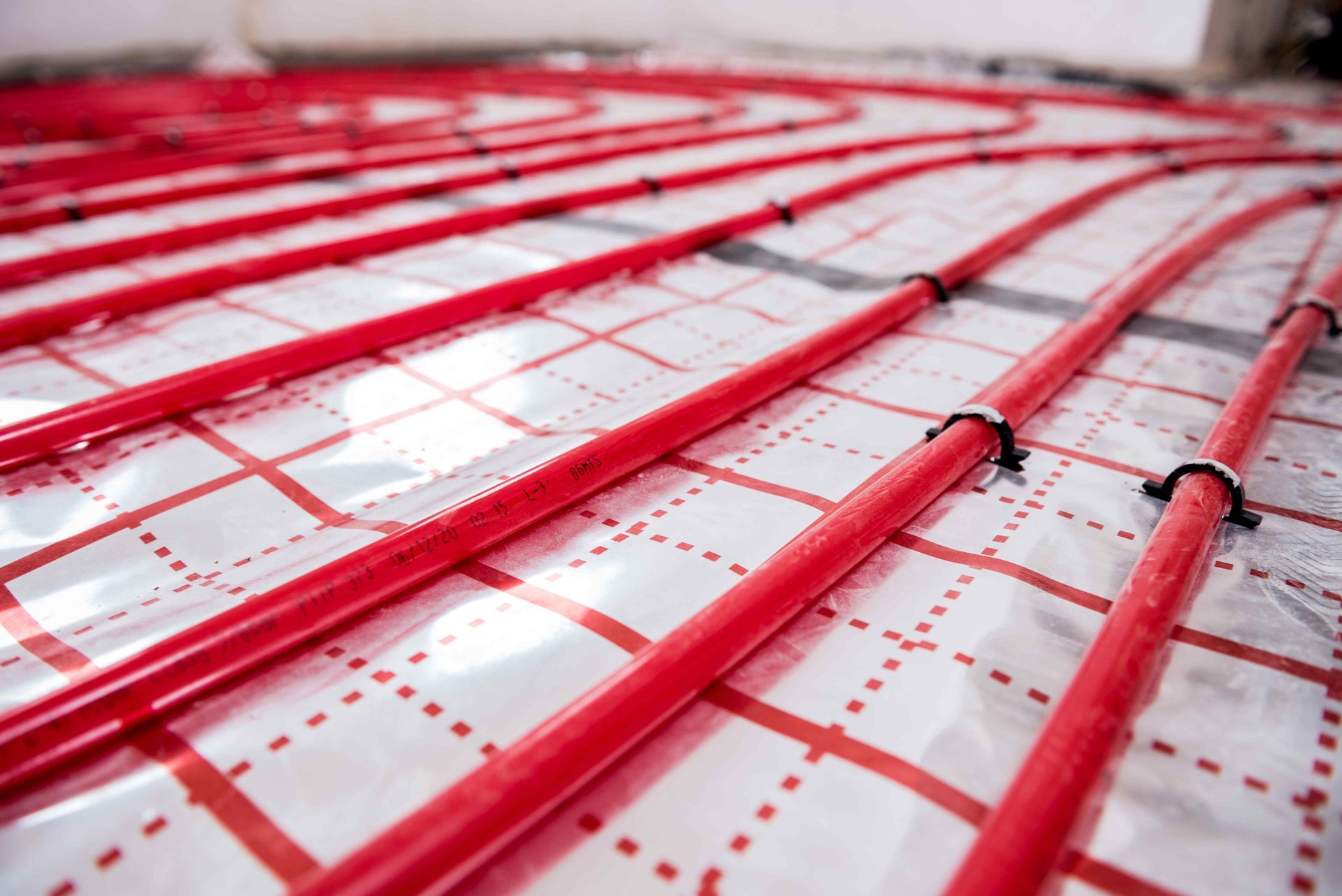HVAC Repair Winnipeg Blog Directory

26 Jan, 2024
As the backbone of your home's heating system, your furnace works tirelessly to keep you warm during the colder months. Regular maintenance is not only crucial for ensuring efficient operation but also for extending the lifespan of your furnace. This DIY guide will walk you through some simple yet effective maintenance practices.

11 Jan, 2024
When it comes to choosing a heating system for your home, the decision often boils down to cost-effectiveness. In this post, we'll conduct a detailed cost analysis comparing in-floor heating systems to traditional heating methods. Understanding the initial installation costs, operational efficiencies, and long-term savings can help you make an informed choice.

11 Jan, 2024
In-floor heating systems offer an efficient and comfortable way to heat your home. To ensure they operate effectively for years to come, regular maintenance is key. This post provides essential tips for maintaining your in-floor heating system, ensuring it continues to provide warmth and efficiency.

11 Jan, 2024
Imagine stepping out of a warm shower onto a comfortably heated floor on a chilly morning. In-floor heating in bathrooms has transitioned from being a luxury to a necessity for many homeowners. This blog post explores why in-floor heating is an increasingly popular choice for bathroom comfort.

By Guest Author
•
16 Dec, 2023
As the backbone of your home's heating system, your furnace demands regular attention to function efficiently and reliably. This step-by-step guide will walk you through the best ways to maintain your home furnace, ensuring warmth and comfort during colder months. 10 Things You Can Do To Keep Your Furnace In Good Shape Replace or Clean Filters: The simplest yet most crucial step is to regularly change or clean your furnace filters. Dirty filters restrict airflow, strain the system, and deteriorate air quality. Depending on the filter type, replace or clean it every 1-3 months. Clean the Furnace Area: Ensure the area around your furnace is free from debris, dust, and other materials. This not only promotes better airflow but also reduces fire hazards. Check Blower Belt Tension and Wear : Inspect the blower belt for any signs of damage or wear. A loose or damaged belt can decrease efficiency and needs replacement. Check Vents and Registers: Ensure all vents and registers in your home are not blocked by furniture or rugs. This allows for proper heat distribution and system efficiency. Annual Professional Maintenance: Schedule a professional HVAC technician to inspect your furnace once a year. For more specialized tasks like checking the burners, testing for carbon monoxide leaks, and ensuring the thermostat is working correctly. Listen for Unusual Noises: Strange noises like banging, whistling, or grinding can indicate problems. Smart Thermostat Use: If you have a programmable thermostat, use it to reduce the strain on your furnace by lowering the temperature when you're not home. Inspect the Heat Exchanger: Look for signs of cracks or damage in the heat exchanger. This is a task best left to professionals during your annual check-up, as a cracked heat exchanger can lead to dangerous carbon monoxide leaks. Igniter Inspection: For newer furnaces with an electrical ignition, ensure the igniter is functioning correctly. If your furnace doesn’t start, you may need to reset or replace the igniter switch. Maintain External Cleanliness : Keep the area around your furnace clear. Remove any flammable items from the vicinity to avoid fire risks

16 Dec, 2023
Understanding Boiler Efficiency: How to Interpret Ratings and Improve Efficiency As winter approaches, understanding the efficiency of your home's boiler system becomes crucial. A high-efficiency boiler not only keeps your home warm but also helps in reducing heating costs. This article will guide you through understanding boiler efficiency ratings and give practical advice on how to improve your system's performance. What is Boiler Efficiency? Boiler efficiency refers to how well a boiler converts energy (fuel) into heat. It's a measure of how much heat is produced compared to the total amount of energy consumed. High efficiency means more fuel expenditure is converted into usable heat, leading to lower energy bills. Understanding Boiler Efficiency Ratings Annual Fuel Utilization Efficiency (AFUE) Ratings: The AFUE rating measures the percentage of fuel converted to heat in a year relative to the total fuel consumed. For instance, an AFUE rating of 90% means that 90% of the fuel is utilized to produce heat, while the remaining 10% is lost. How to Interpret AFUE Ratings 80%-85% AFUE: Common in older, conventional boilers. 90%-95% AFUE: Found in modern, high-efficiency boilers. Above 95% AFUE: Ultra-efficient boilers, often Energy Star certified. Reading the Energy Guide Label Look for the bright yellow Energy Guide label on your boiler. This label provides the AFUE rating and estimated annual energy costs. Improving Boiler Efficiency Regular Maintenance: Schedule annual professional maintenance. Regular check-ups can prevent common issues that impair efficiency, like clogged burners or faulty ignitions. Upgrade to a High-Efficiency Boiler: If your boiler is old and has a low AFUE rating, consider upgrading to a newer, high-efficiency model. Insulate Your Home: Proper insulation reduces heat loss, meaning your boiler doesn’t have to work as hard. Pay special attention to areas like attics, windows, and doors. Use Programmable Thermostats: Programmable thermostats allow you to control your home’s temperature efficiently, reducing the unnecessary operation of your boiler. Radiator Reflective Panels: Installing reflective panels behind radiators can help direct heat into the room, rather than being absorbed into the walls. Bleed Radiators Regularly: Trapped air in radiators can hinder their efficiency. Bleeding your radiators removes this air, allowing hot water to fill the entire radiator. Upgrade Your Controls: Modern controls can optimize boiler operation based on external temperature and individual room needs. Consider Zoning Systems: Zoning systems allow you to heat only the parts of your home that are in use, saving energy and money.
Why Choose Us
When you work with HVAC Repair Winnipeg in Winnipeg or its surrounding cities, we guarantee excellence and satisfaction. We know that these are crucial parts of your home and handle these matters with care. Eliminate the hassle and inconvenience of HVAC repairs. Contact us today for a free consultation!
Quick & Reliable
We are available 24/7 for all your HVAC Repair needs!
Navigation
Working hours
- Sunday
- -
- Mon - Fri
- -
- Saturday
- -
© 2024
All Rights Reserved | Hvac Repair Winnipeg

